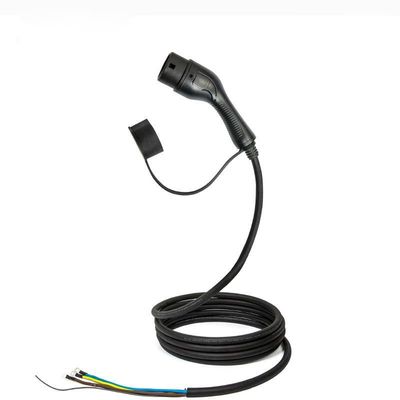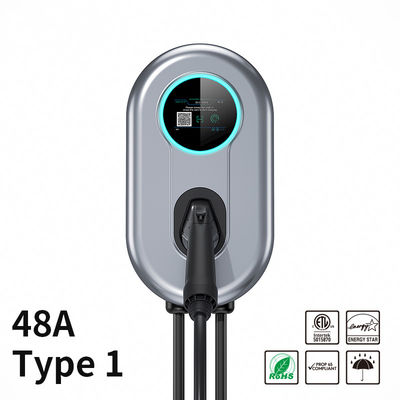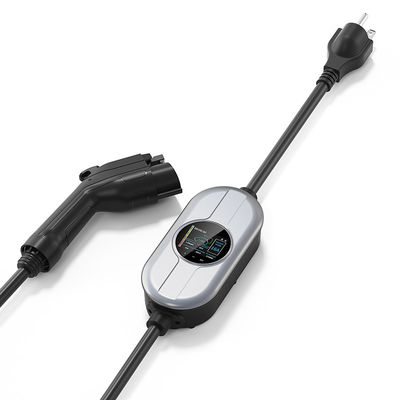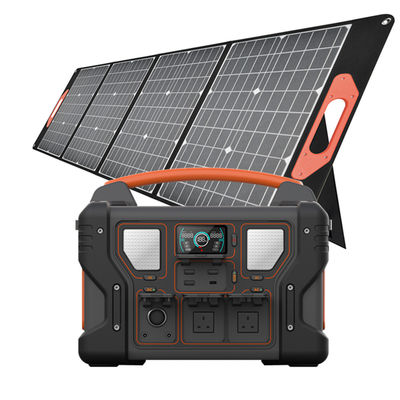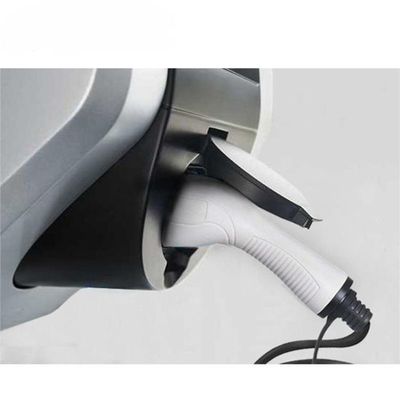Impact of Electric Vehicles on Power Grids: Challenges and Solutions
The increasing adoption of electric vehicles (EVs) has the potential to significantly impact power grids worldwide. As more consumers opt for electric cars over their gasoline-powered counterparts, the demand for electricity will rise, putting additional strain on power grids. This article will discuss the challenges that the growth of electric vehicles presents to power grids and explore potential solutions to ensure that the transition to electric transportation is as smooth as possible.
One of the primary challenges posed by the increasing adoption of electric vehicles is the need for additional electricity generation. According to the International Energy Agency (IEA), the global electric vehicle fleet reached 7.2 million in 2019, with sales expected to continue growing rapidly in the coming years. This surge in demand for electricity will require significant investments in power generation infrastructure, including renewable energy sources such as solar and wind power.
In addition to increased electricity generation, the widespread adoption of electric vehicles will also necessitate upgrades to power grid infrastructure. As electric vehicles become more prevalent, power grids will need to accommodate the increased load from EV charging stations. This will require investments in new transformers, substations, and other grid components to ensure that the power grid can handle the increased demand.
Another challenge that electric vehicles present to power grids is the potential for localized power outages. As more consumers charge their electric vehicles at home, the demand for electricity in residential areas will increase, potentially leading to localized power outages if the grid is not adequately prepared. This issue is particularly concerning during peak demand periods, such as in the evenings when people return home from work and plug in their electric vehicles to charge overnight.
To address these challenges, several potential solutions have been proposed. One such solution is the implementation of smart grid technology, which allows for more efficient management of electricity demand. Smart grids can help to balance the load on the power grid by encouraging consumers to charge their electric vehicles during off-peak hours when electricity demand is lower. This can be achieved through the use of time-of-use pricing, which offers lower electricity rates during off-peak periods, incentivizing consumers to charge their electric vehicles at these times.
Another potential solution to the challenges posed by electric vehicles is the deployment of energy storage systems, such as batteries, which can store excess electricity generated during periods of low demand and release it during periods of high demand. This can help to smooth out fluctuations in electricity demand caused by electric vehicle charging and reduce the strain on power grids.
Finally, the integration of renewable energy sources into the power grid can help to address the increased electricity demand from electric vehicles. By investing in solar, wind, and other renewable energy sources, power grids can generate the additional electricity needed to support the growing electric vehicle fleet without relying on fossil fuels. This not only helps to mitigate the impact of electric vehicles on power grids but also contributes to the global effort to reduce greenhouse gas emissions and combat climate change.
In conclusion, the growing adoption of electric vehicles presents both challenges and opportunities for power grids worldwide. By investing in smart grid technology, energy storage systems, and renewable energy sources, power grid operators can ensure that they are prepared to meet the increased electricity demand from electric vehicles while minimizing the risk of localized power outages and supporting the global transition to a more sustainable transportation system.

 Your message must be between 20-3,000 characters!
Your message must be between 20-3,000 characters! Please check your E-mail!
Please check your E-mail!  Your message must be between 20-3,000 characters!
Your message must be between 20-3,000 characters! Please check your E-mail!
Please check your E-mail! 
